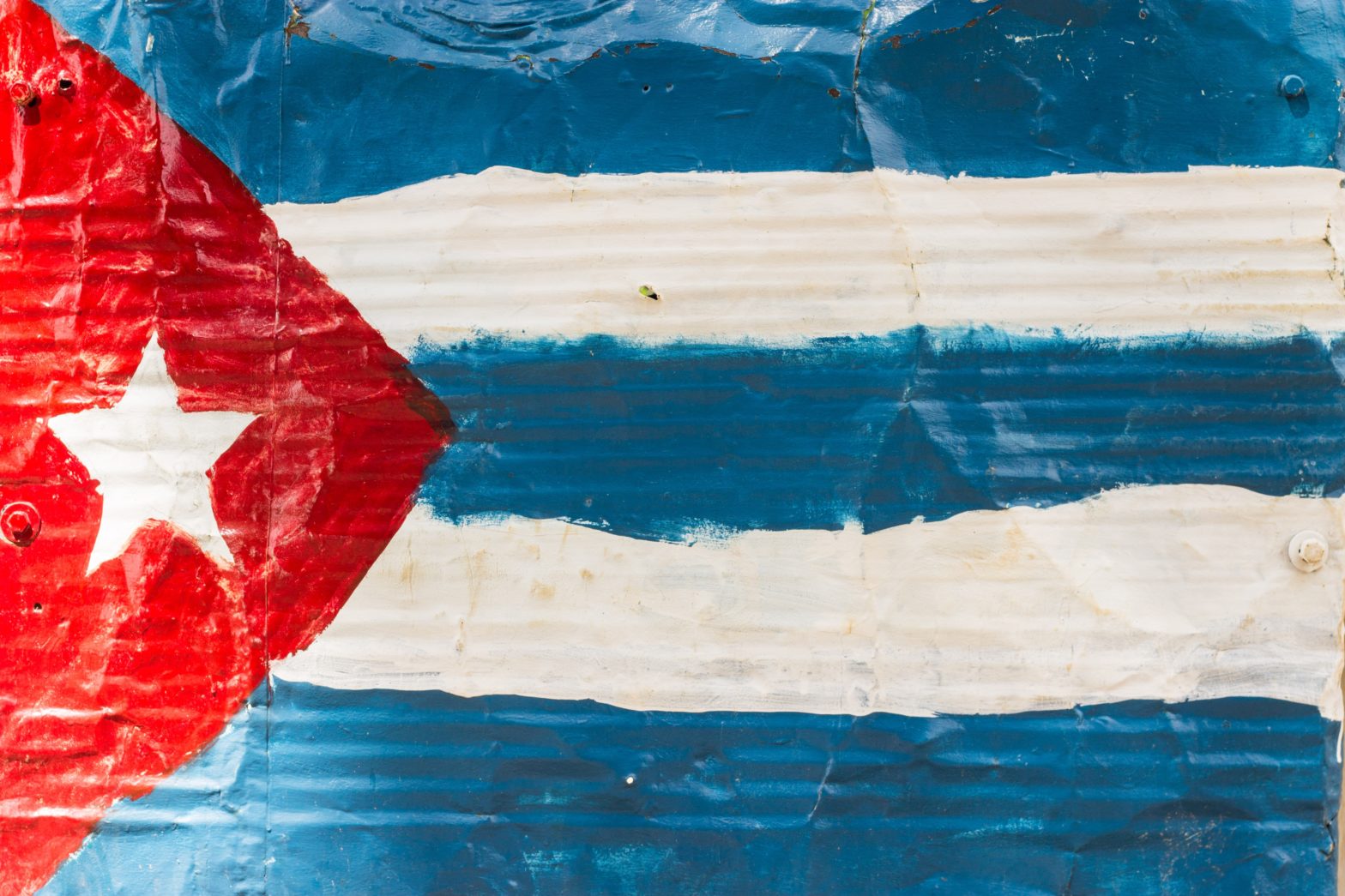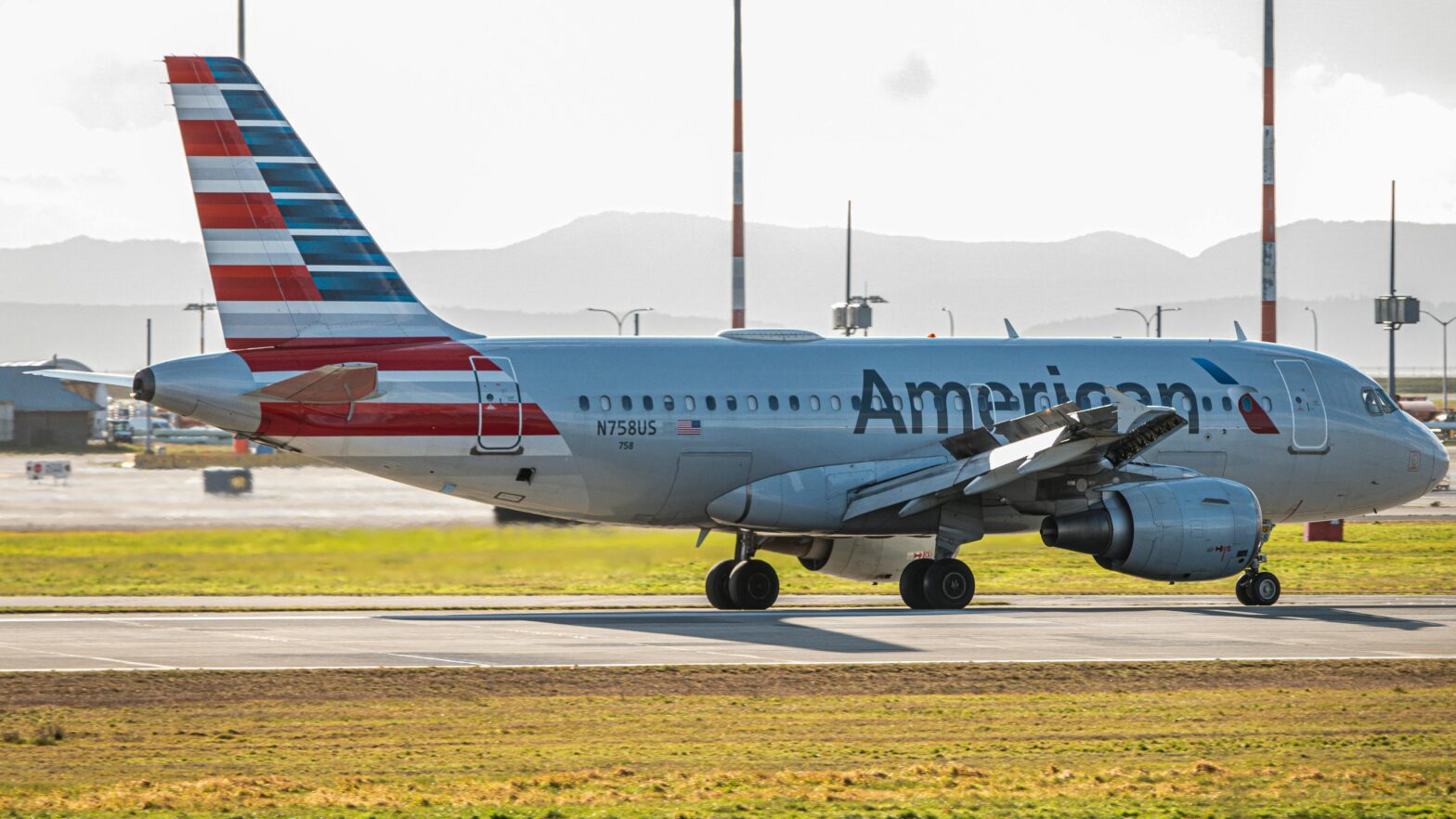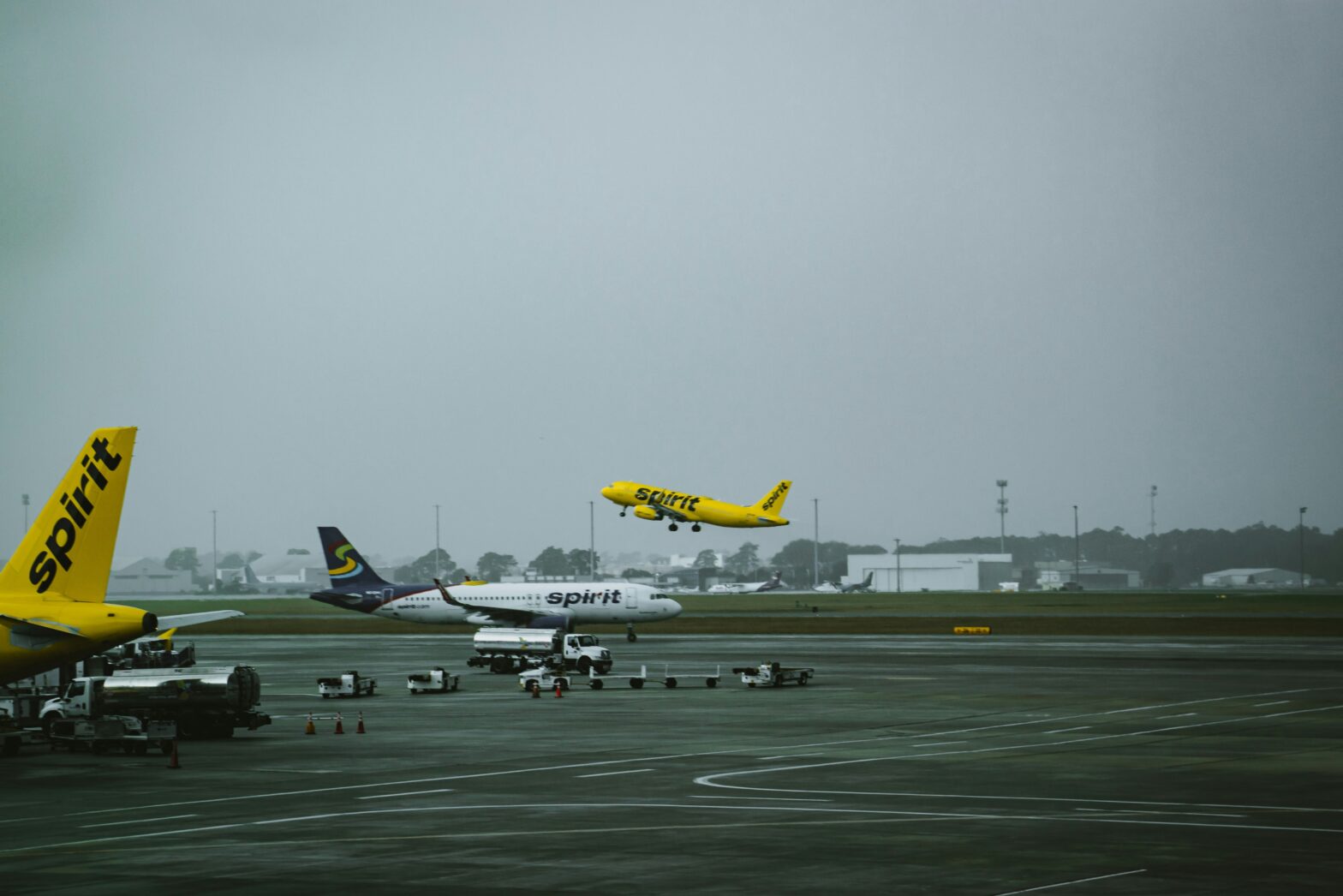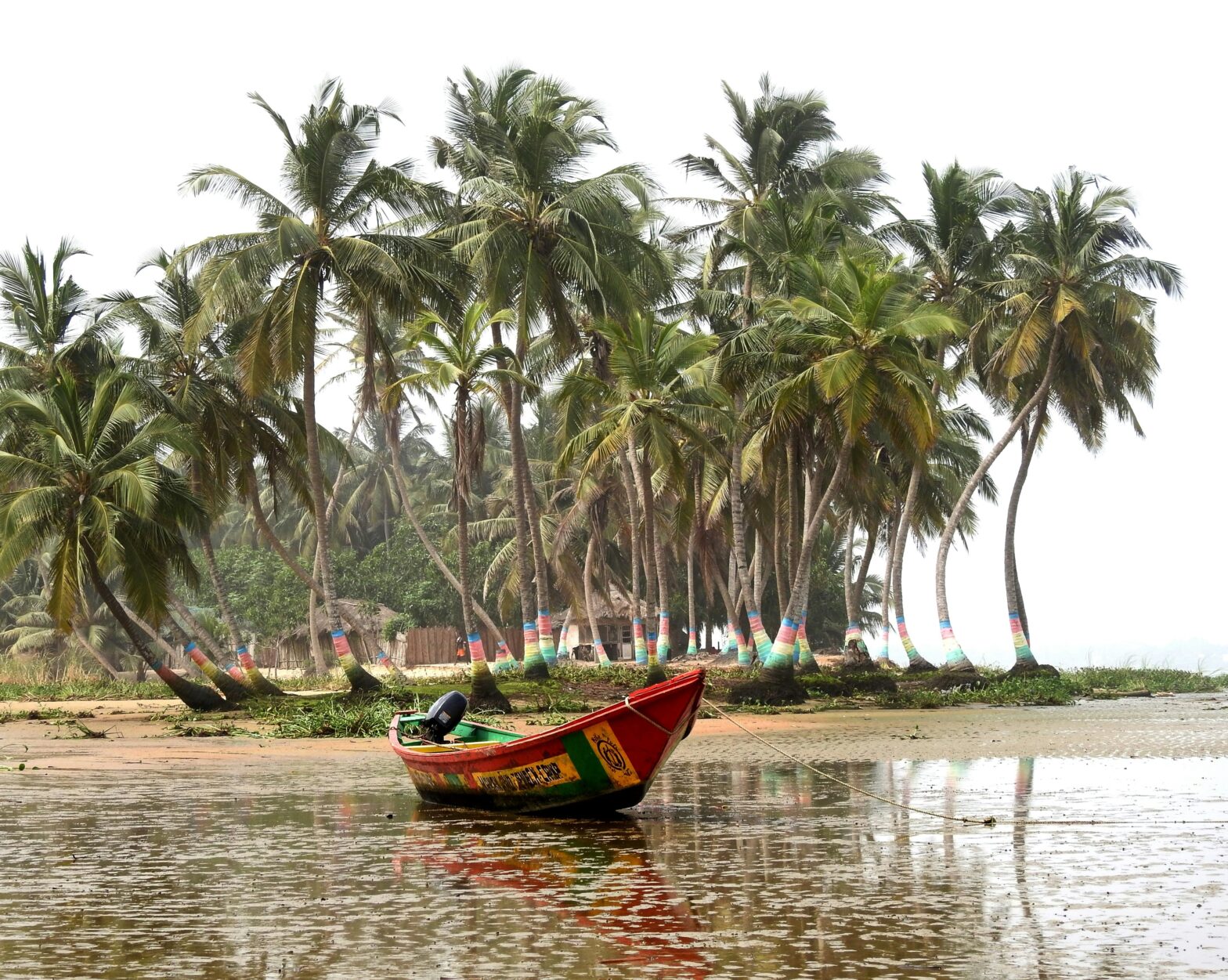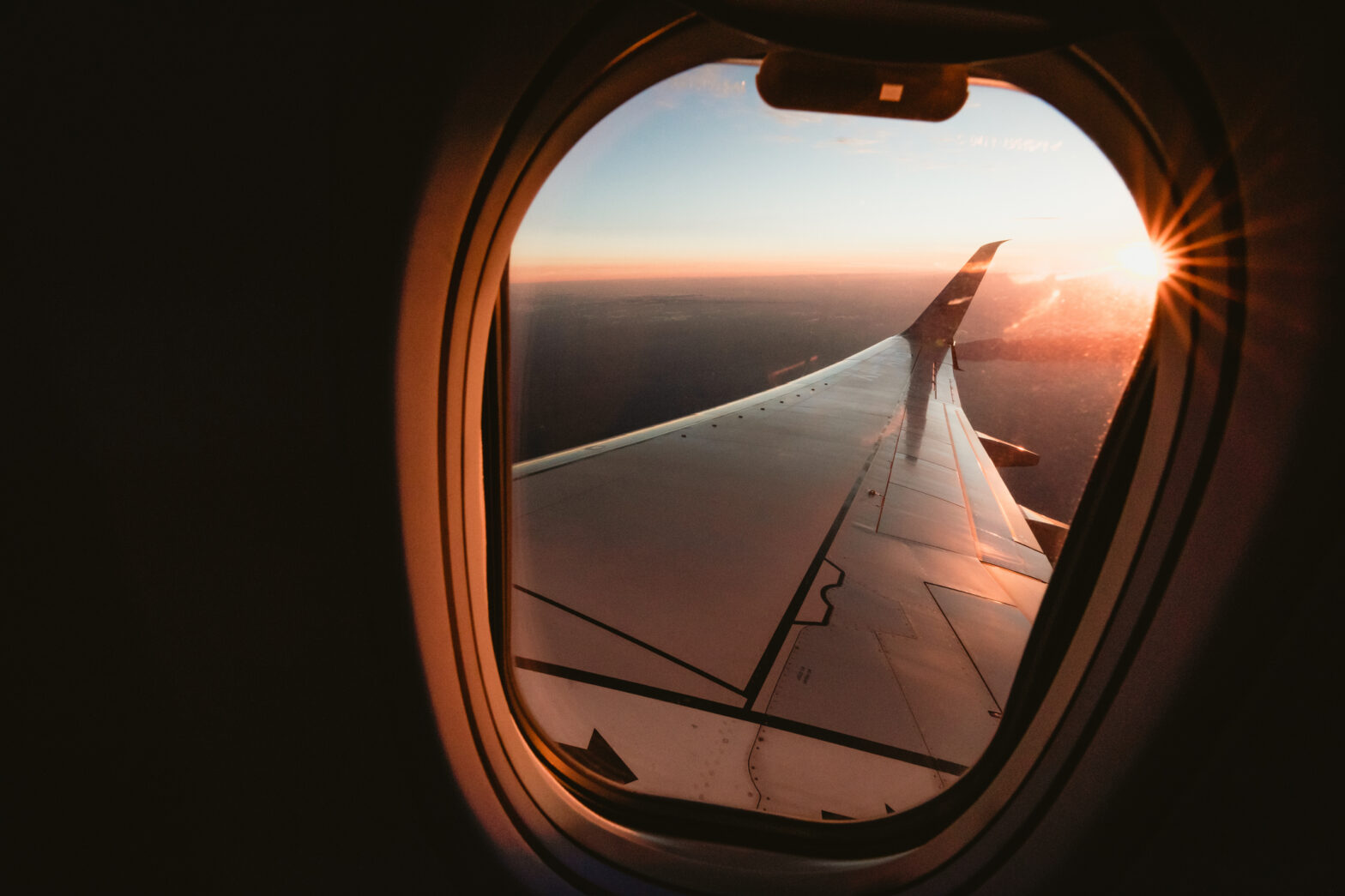Felicidades, Cuba! The largest Caribbean island joins The Netherlands, Canada, Spain and a number of other countries that have legalized gay marriage. Some Caribbean islands are gay- friendly, but for a variety of reasons, most haven’t gone as far as to make marriage legal for gay couples.
Homosexuality is taboo in much of the Caribbean, and this can be linked almost exclusively to colonialism.
According to Human Rights Watch, several islands “have versions of buggery and gross indecency laws, relics of colonialism, that prohibit same-sex conduct between consenting persons.”
According to CNN, Cuba’s National Electoral Council “voted in favor of a family code that increased protections for minorities on the island.”
The vote indicates a seismic cultural shift in post-Castro Cuba. CNN notes, “74.1% of those eligible to vote in Sunday’s national referendum had turned out to cast their ballot. With 94% of the votes counted as of 9am ET on Monday morning, 3,936,790 voted in favor and 1,950,090 against – signaling overwhelming support for the new law.”
Cuba legalized homosexuality in 1979, but prejudice towards LGBT+ people persisted. Some people in that community noted that when Castro was in power, “he sent many gay people to government work camps alongside political dissidents.”
Mariela Castro, the niece of Fidel Castro, has been a proponent of gay rights for some time. But, CNN notes, “the push for greater equality faced stiff opposition from both outside and from within the Cuban government.”
Cuba had the chance to legalize gay marriage back in 2018. However, politicians stepped back from doing that due to fear of backlash from religious communities. CNN reports that “the following year, Cuban police broke up a peaceful LGBTQ rights parade saying the marchers did not have permission to hold the rally.”
